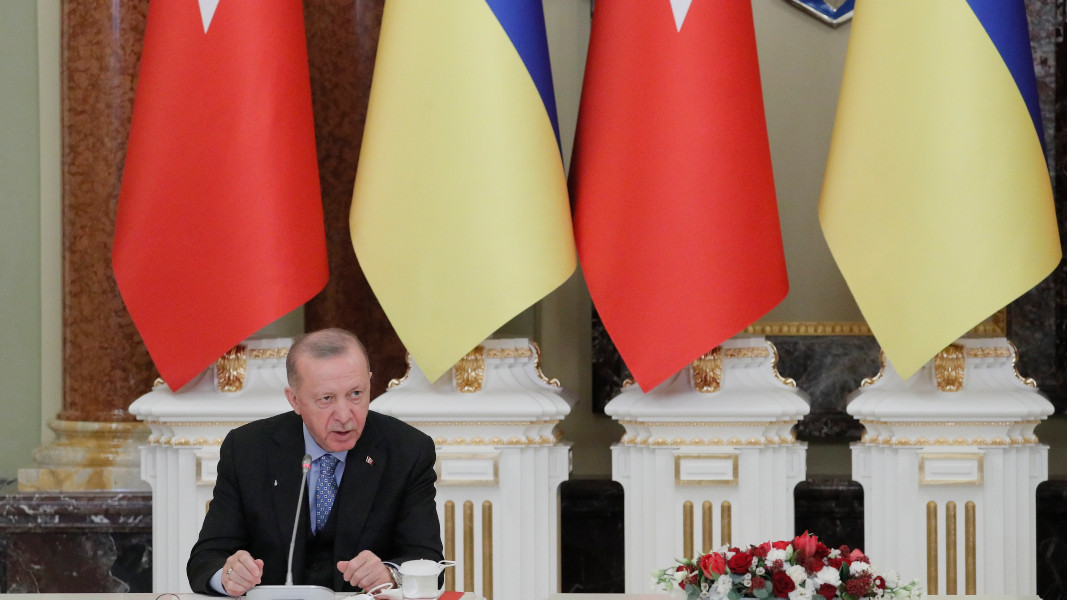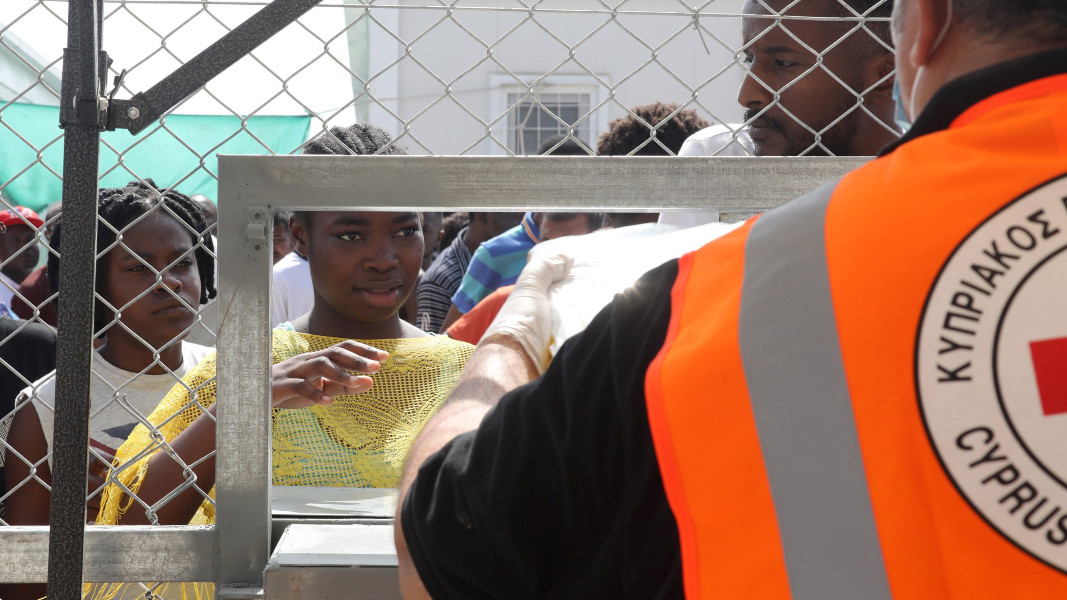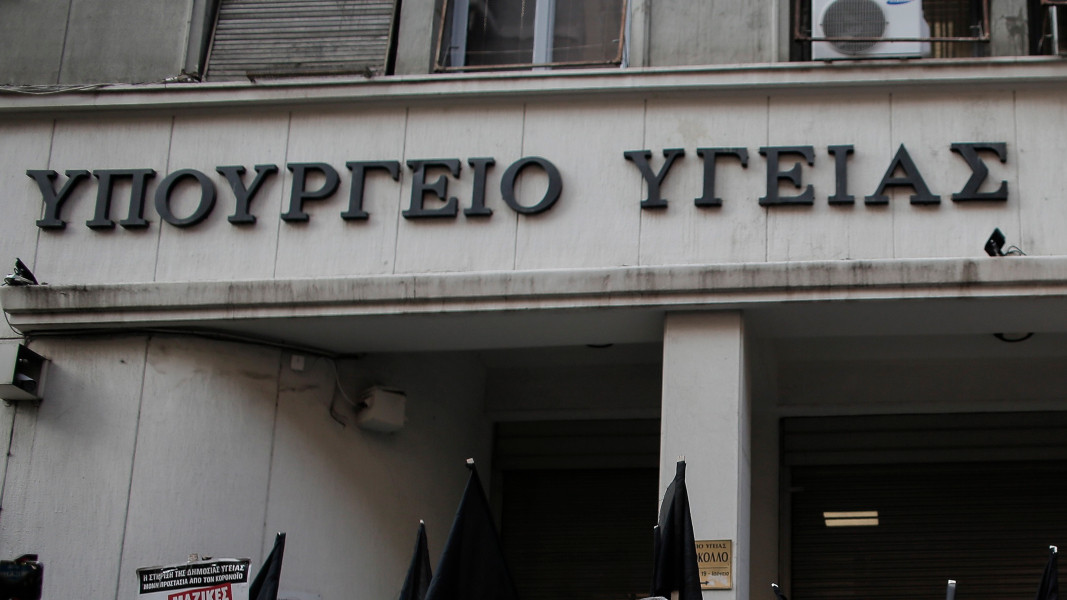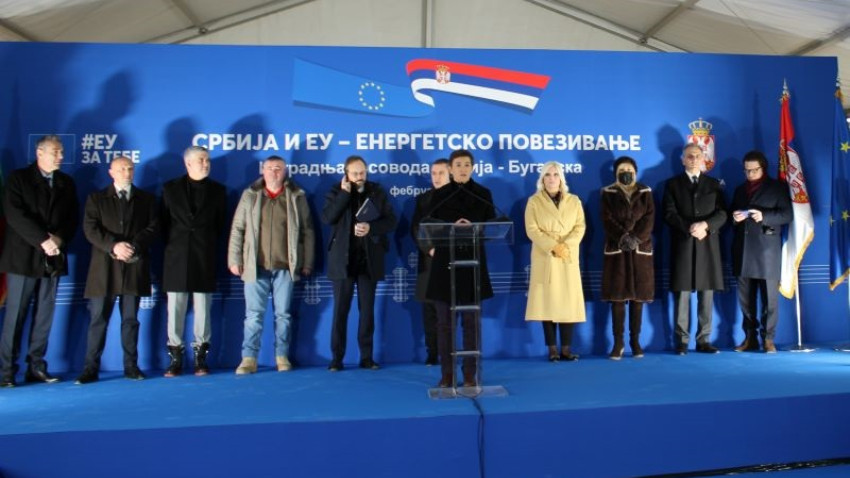United States send 1,000 troops to Romania

The United States will relocate about 1,000 troops from Germany to Romania in the near future. According to Pentagon press secretary John Kirby, these are temporary missions to strengthen the defense of European allies, amid tensions with Russia, Radio Romania reported. The new contingent will join nearly 900 US troops permanently stationed in the country. Romanian President Klaus Iohannis, Prime Minister Nicolae Ciuca and Minister of Defense Vasile Dîncu welcomed the initiative and said it would play an important role in preventing any negative security developments in the region. The media recalls that the president recently spoke in support of strengthening NATO and US military presence in Romania and the Black Sea region.
During a visit to Bucharest on Wednesday, French Foreign Minister Jean-Yves Le Driansaid France could send several hundred soldiers to Romania and that such a proposal would be made at the upcoming meeting of NATO defense ministers this month.
Turkey offers mediation in Russia-Ukraine crisis

Turkish President Recep Tayyip Erdogan has proposed that Turkey be a mediator in overcoming tensions between Ukraine and Russia. Statements by Moscow and Kiev have shown a positive attitude towards the invitation, the Turkish Radio and Television reported. Turkey, which is among those seeking to eliminate the risk of conflict, has shown that a NATO country can establish good relations with both Russia and Ukraine, the media reported. After Erdogan visited Kiev on February 3rd, the Turkish president expects a visit from Russian President Vladimir Putin, although the date has not been set yet.
Meanwhile, it was reported that during his stay in Kiev, Erdogan signed an agreement with Ukrainian President Volodymyr Zelensky on the production of Turkish unmanned combat aerial vehicles “Bayraktar” in Ukraine. The system has already been used in Donbass.
Cyprus and the EU agree to return migrants to their home countries

Cyprus and the European Commission have signed an agreement regulating the return of migrants to their home countries. It includes clear standardized return procedures through joint operations between Cyprus and the European Commission, involving the European Border and Coast Guard Agency (Frontex) and the European Asylum Support Office, BNR correspondent to Cyprus Branislava Bobanac reported.
Cyprus has the highest number of illegal migrants per capita of all EU Member States. Since the beginning of this year, 1,335 new applications have been submitted by asylum seekers, which is almost twice as many compared to January 2020, with the main flows of migrants coming from Africa.
Non-vaccinated medics protest in Greece

Protests of medics who cannot work because they are not vaccinated are taking place in Greece, BNR correspondent Katya Peeva has reported. According to a government decision, non-vaccinated medics, who are now on unpaid leave, will be fired in March. Hospital directors warn that they would be left without staff not only in the Covid wards, but in all sectors of hospital care. They says that private doctors cannot solve the problem. According to the union of employees in state hospitals, more than 3,000 specialists are currently on sick leave or in quarantine.
The opposition has expressed doubts that the government wanted to deliberately dismantle public hospitals in order to fund private ones.
Gas link between Bulgaria and Serbia to be ready by October 2023

At a ceremony in Dimitrovgrad, the first sod of the construction of the Serbian section of the Bulgaria-Serbia gas interconnector was turned. Serbian Prime Minister Ana Brnabić said the pipeline would be ready for operation by October 2023. According to Brnabić, the completion of the project would make natural gas deliveries in both Serbia and the region more secure, BGNES reported. The Prime Minister recalled that the project was planned in 2015 and was declared a priority by the EU, while its total cost is 85.5 million euros. The Serbian part will be 109 km long, and the total length of the route through the two countries is 170 kilometers long. The pipeline has a capacity of 1.8 billion cubic meters of gas per year, according to the Serbian government's website. The ceremony was also attended by the Bulgarian Minister of Energy Alexander Nikolov.
Compiled by: Miglena Ivanova
English: Alexander Markov
Photos: EPA/BGNESBulgaria is facing the 7 th snap parliamentary election in a row in three years. The reason is that, once again, all three exploratory mandates for the formation of a cabinet which the president hands to parties represented in parliament have..
In the past few weeks, the new government in North Macedonia, led by Hristijan Mickoski, surprisingly demanded that the construction of the railway line to Bulgaria be stopped. The arguments are that the project for building the..
Turkish minority in Western Thrace is a priority for Ankara, Turkish president says The problems of the Turkish minority in Western Thrace are a priority for Turkey in its dialogue with Greece. Ankara will continue to take care of “its..

+359 2 9336 661
